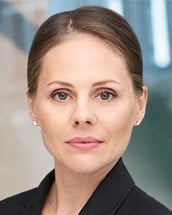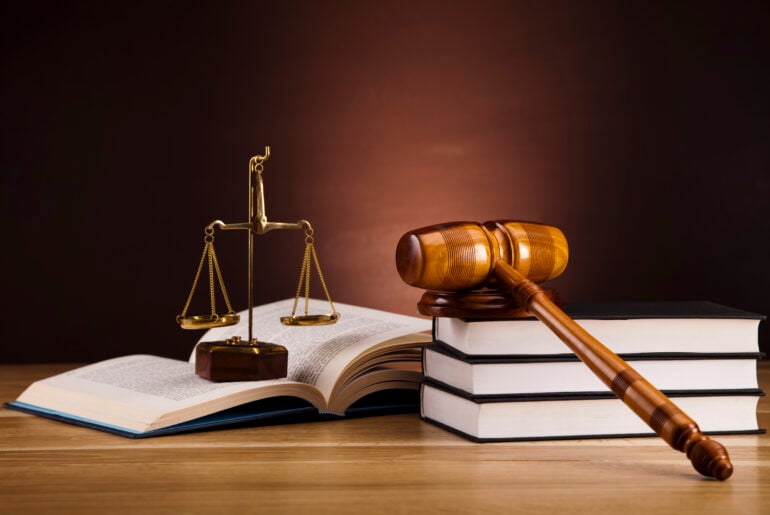Although class action procedures were codified in Russian civil procedure legislation in October 2019, they have not been especially popular or widely used in the last two years. Just a handful of class action cases have been resolved so far. Lately, however, it seems they are becoming more common – even reaching the e-learning sector, which has expanded significantly during the COVID-19 pandemic in Russia.
A class action against an educational platform called GeekBrains has recently been filed in a Russian court by 31 students. They are seeking 4.5 million rubles (approximately $60,000) in compensation from the platform after it refused to refund tuition costs after students withdrew from the service at the very beginning of a course.
According to consumer rights protection law, consumers are entitled to withdraw from a service at any time and to obtain a refund under the condition of compensation of actual expenses incurred by a contractor (i.e., GeekBrains). However, the platform’s rules provide for its own refund system: 100% of the price within 3 days of the date of purchase, 30% within 14 days, 15% within 15-30 days, and no refund if more than 30 days have passed. The problem is that in some cases, GeekВrains provided access to courses only 30 days after the purchase date, at which point under the platform’s rules, there is no refund of tuition fees. The students are of the opinion that in this regard, the platform’s rules are invalid and in contradiction with consumer rights protection law.
Thus, the court now must resolve the conflict between the provisions of consumer rights protection law and the terms of the platform’s offer, which claimants voluntarily accepted when purchasing the online-courses.
On December 22, 2021 the court set a date for hearing the matter. More consumers can join the lawsuit as claimants (an opt-in option). Due to the growing popularity of online education, many online educational platforms may face such class actions from consumers in the near future; therefore, the judgement in this case may become precedential for the whole industry.




